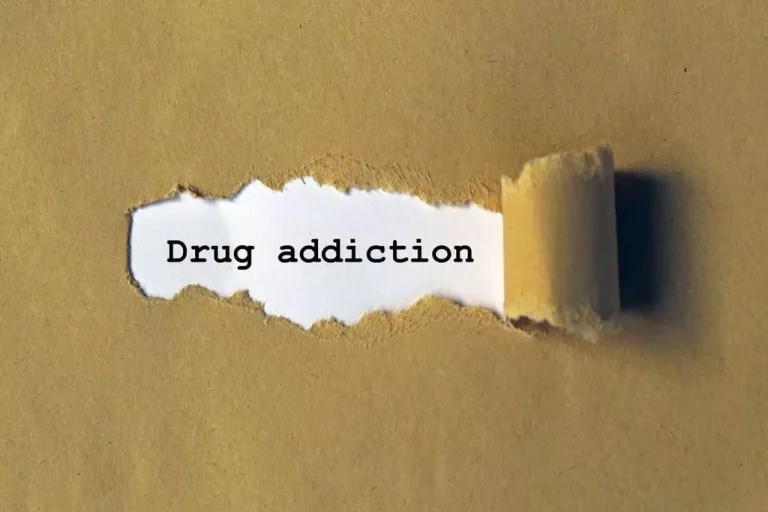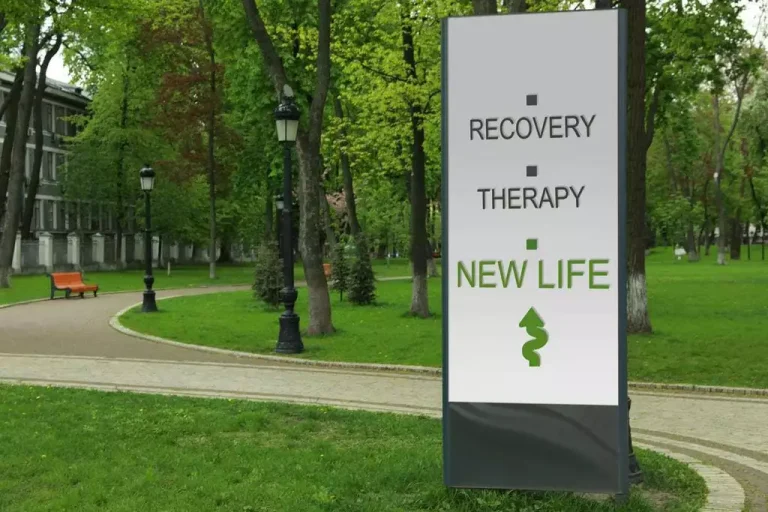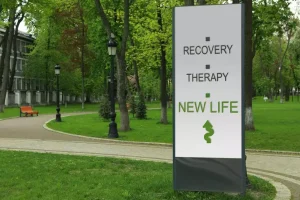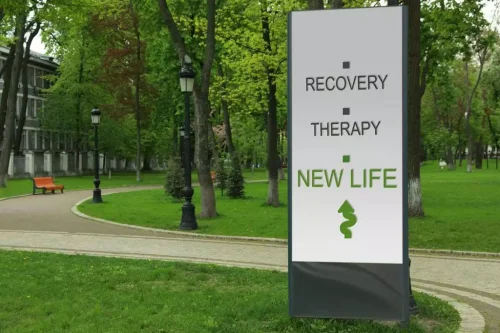
Once they see that you were making positive changes, they will be happy to assist you and encourage you to continue improving. One of the greatest challenges that you’ll face in recovery is seeking and finding new https://ecosoberhouse.com/ opportunities. Having a strong social group can help improve your chances of finding employment, helping you achieve your educational goals, and connecting with other recreational and cultural opportunities. You can build a community in recovery by shifting your perspective from “I” to “we” and engaging in group activities and discussions where individuals can share their experiences, strength, and hope.
Why is Social Support Important in Recovery?
Nevertheless, people often find it challenging to effectively build a support network. Some people are so excited to have completed a rehab program that they don’t fully realize the importance of building a support network. Others have may feel discouraged because they do not have supportive friends and family members, or they may have difficulty meeting new sober network people. It’s a journey that takes courage, persistence, and, just as importantly, a strong support network. If you’re wondering how to build and maintain a support system that truly helps, this guide is here to walk you through it.
Social support groups help to reduce the stigma against substance abuse.
- These professionals bring expertise and tools that friends and family might not have, helping you navigate deeper emotional challenges and plan for long-term success.
- And if you intend to stay sober as you move on with your life, it would behoove you to start building a strong support network.
- Those who surround themselves with sobriety learn that substance use is frowned upon.
Aside from them, there are family members, old friends who support your recovery, or even coworkers who’ve expressed concern and support, who will be there for you no matter what. Joining a softball league, for instance, lets you build camaraderie through a shared interest rather than a shared sobriety. Starting work with a therapist guarantees you that you’ll have at least one staunch supporter in your journey to recovery. Your therapist can help you work toward your goals and overcome cravings or other mental health challenges.
Practical Strategies for Socializing Without Alcohol

This website will help you find the resources, support, and community to create your own path. You may face challenges along the way, but combining the power of hope with practical guidance and tools, you’ll be taking steps towards better health. With rehab facilities located throughout New Hampshire, Granite Recovery Center offers residential and outpatient treatment to individuals who are seeking treatment for alcohol or drug abuse.
- The term “California sober” is gaining popularity among people struggling with substance use disorders.
- You’re going to want to find people with whom you can meet face-to-face.
- Whether you’re celebrating New Year’s Eve or just looking for a fun way to ring in the new year, there are plenty of ways to have fun without drinking alcohol.
- Often, during addiction, isolation can cause rifts in friendships.
- Consider small rewards, such as a special meal or a meaningful group activity.
- Amanda Marinelli is a Board Certified psychiatric mental health nurse practitioner (PMHNP-BC) with over 10 years of experience in the field of mental health and substance abuse.

This simple Halfway house concept, described by psychologists as social learning theory, has proven itself to be a powerful force for behavioral change and activation for decades. Sometimes, you may need to wait a long time before working to fix past relationships. If the other person is willing, family or relationship counseling can be beneficial. They may have a sense of positivity and optimism that propels them toward a healthier, sober future.
Similar groups such as Narcotics Anonymous (NA) and SMART Recovery offer structured support tailored to various addictions. A sober support network is an important part of the recovery journey from addiction. There are many benefits essential to maintaining sobriety, like encouragement and motivation during challenging times. When you know you have supportive people cheering you on, it can make a big difference in your life.
There are many people who have been where you are and want to help. By nurturing relationships along the way you can have your own incredible support network in no time. To build a strong support circle, focus on rebuilding family ties and making sober friends. Also, include professionals like addiction counselors and recovery coaches. These connections offer emotional, practical, and therapeutic help on your recovery journey. Recovery is about more than just avoiding substances; it’s about building a life you’re proud of, surrounded by people who uplift and inspire you.

Essentially, your sober support network includes any trusted family members, friends, community groups, addiction specialists, and more who can support you along your sobriety journey. The members of your support network are people who will remain committed to helping you remain focused on your recovery goals. Building a support network is one of the best ways to stay strong in your sobriety journey. If you’re looking for the right people to help you stay on track, searching for AA meetings near me could be a great place to start. Here are six fun yet practical steps to help you build your sober support network. A support network in recovery consists of friends, family, professionals, and others in recovery who provide encouragement and help you stay focused on your recovery goals.
Navigating Divorce And Addiction How To Set Firm Boundaries
- When this happens, you can be certain that all of the people in your class share at least one similar interest as you.
- Severing ties with old drinking or using buddies can be one of the biggest challenges for some people in early recovery.
- So you know what kind of people you want in your support network.
- Expanding your sober support network goes beyond maintaining relationships and joining recovery groups.
- One of the most difficult things that many recovering users must face is the damage that has been done to their relationships.
Building a sober support network won’t just help you stay sober; it will remind you every step of the way that you’re not in this alone. The connections you make along the way will be the foundation of your recovery. And with the right people by your side, there’s no challenge too big to overcome.